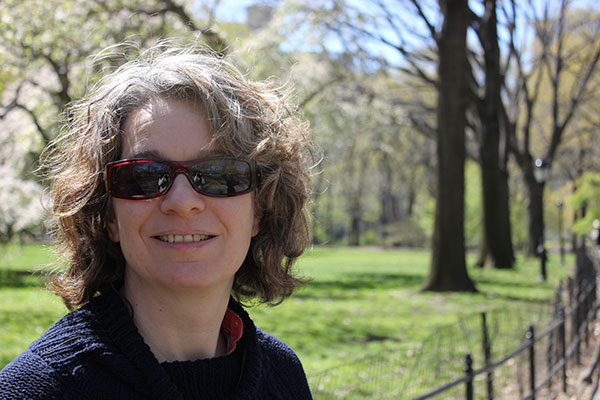Kent Professor Davina Cooper questions whether a general election can change the state in an essay published by UK think tank Compass.
The essay is one of 20 that feature in a publication called Finding our voice: making the 21st century state.
The collection, edited by Gabriel Chanan and Neal Lawson for Compass, is authored by academics, MPs, writers and researchers from across the country who share a desire to influence progressive thinking within Labour policy.
In her essay, Professor Cooper considers whether more decentralised forms of governance should be created and whether a new Labour government might be willing to rethink its vision of what a state could be: ‘How political power is allocated matters. But I want to consider here a different way of thinking about it, and what a general election might mean – one that asks us to reimagine what it is to be a state, discarding the assumption that states are nation states, covering – never more than one state thick – the surface of the globe.
‘Instead, we might identify states as overlapping and at various scales – micro states, shadow states and counter states, as well as local, national and regional states. Here, not only is the nation state not the only kind of state, it is perhaps also not the best model for imagining what progressive states could be like.’
Collaborating with Professor Cooper on the theme of ‘reimagining the state’, policy adviser Tom Bentley goes on to develop the topic in an accompanying essay ‘A more open, devolved and plural state’.
Professor Cooper is a professor of law and political theory at Kent Law School. She has written books and articles on the state; her most recent book is Everyday Utopias: The Conceptual Life of Promising Spaces (2014). Tom Bentley is a writer and policy adviser who works with institutions around the world on how to learn more effectively. He worked for Julia Gillard, prime minister of Australia 2010–13. From 1999 to 2006 he was director of UK think tank Demos.

